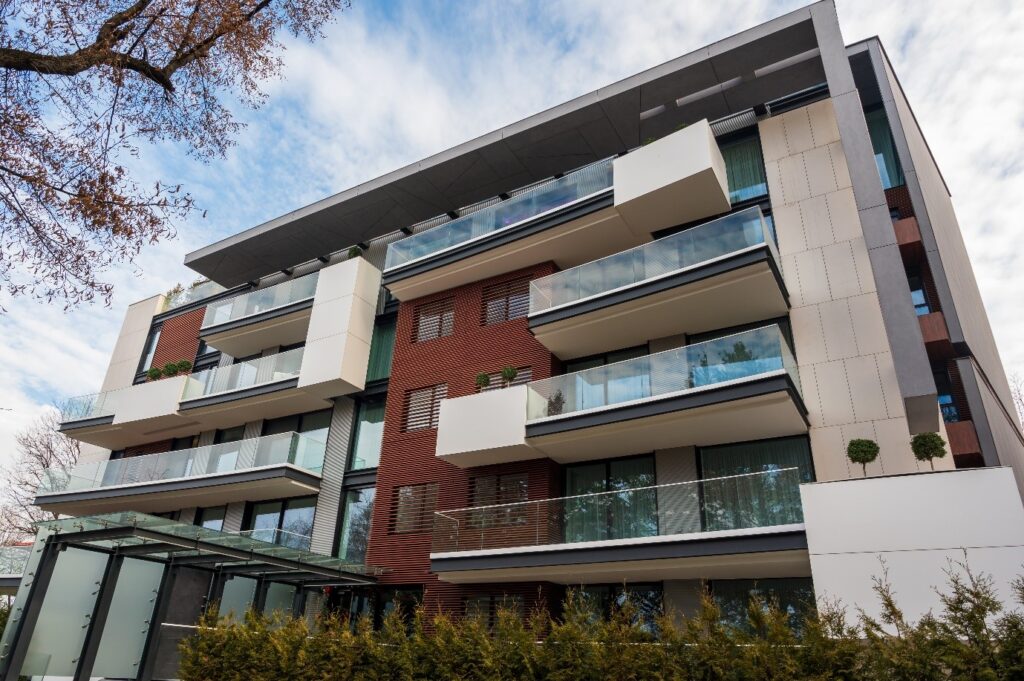Renting out a bedroom apartment in Spain can be a rewarding way to earn steady income, especially if you’re targeting long-term tenants or digital nomads. However, before you create a listing and hand over the keys, it’s important to understand the rules, responsibilities, and expectations involved in the process. This guide walks you through the key aspects to consider before putting your property on the rental market.
Understand Local Rental Regulations
Each region in Spain may have slightly different rules for landlords. Before listing your property, check the specific rental laws for your area. Some regions may require registration with a tourism board if you plan to rent short-term. However, for long-term rentals, you’ll need a rental contract that complies with Spanish housing laws.
Be sure to understand tenant rights, notice periods, and legal responsibilities. Keeping everything legal will help avoid unnecessary complications later on.
Prepare the Apartment for Rent
First impressions matter. Before listing, make sure the apartment is clean, well-maintained, and functional. Check that all appliances work properly and there are no plumbing or electrical issues. Providing basic furnishings and kitchen appliances can also attract long-term tenants who want to move in with minimal hassle.
If possible, get professional photos taken. A well-lit, tidy apartment will stand out to renters scrolling through dozens of listings.
Set the Right Monthly Rent

Pricing your bedroom apartment in Spain correctly is essential. Check similar listings in your area to understand what the market is currently offering. Factors like the number of bedrooms, proximity to city centers or public transport, and included amenities can affect the rental price.
Keep in mind that long-term tenants often look for value and stability. Offering a fair price and clearly outlining any additional costs (utilities, maintenance fees, etc.) builds trust with potential renters.
Draft a Clear Rental Agreement
A written rental agreement protects both parties. It should include rent amount, deposit details, payment due dates, duration of stay, and notice period for termination. The contract should also specify which utilities or services are included and whether the tenant can make any changes to the apartment.
It’s recommended to have the contract in both Spanish and English to avoid misunderstandings, especially if your tenant is a foreigner.
Advertise Smartly

When promoting your apartment, highlight key features like size, nearby shops, public transport links, and internet availability. Many potential tenants search for apartment houses in Spain online, so use platforms that are popular with both locals and international renters.
Being responsive to inquiries and offering virtual tours can increase your chances of securing the right tenant quickly.
Be Ready for Ongoing Responsibilities
Once you rent out your apartment, your role as a host doesn’t end. Long-term renting means taking care of property maintenance, responding to tenant issues, and handling repairs when needed. Keep communication open and ensure you’re reachable in case of emergencies.
Conclusion
Renting out a bedroom apartment in Spain long term is a great opportunity to generate consistent income, but it requires preparation, legal compliance, and tenant management. Whether you’re listing in a busy city or a coastal town, taking the time to do things right can lead to satisfied tenants and fewer problems down the line. If you’re looking for an easy and reliable way to list and manage your rent apartment in Spain long term, Flexsirent.com offers a user-friendly platform that helps connect landlords with long-term tenants efficiently.
